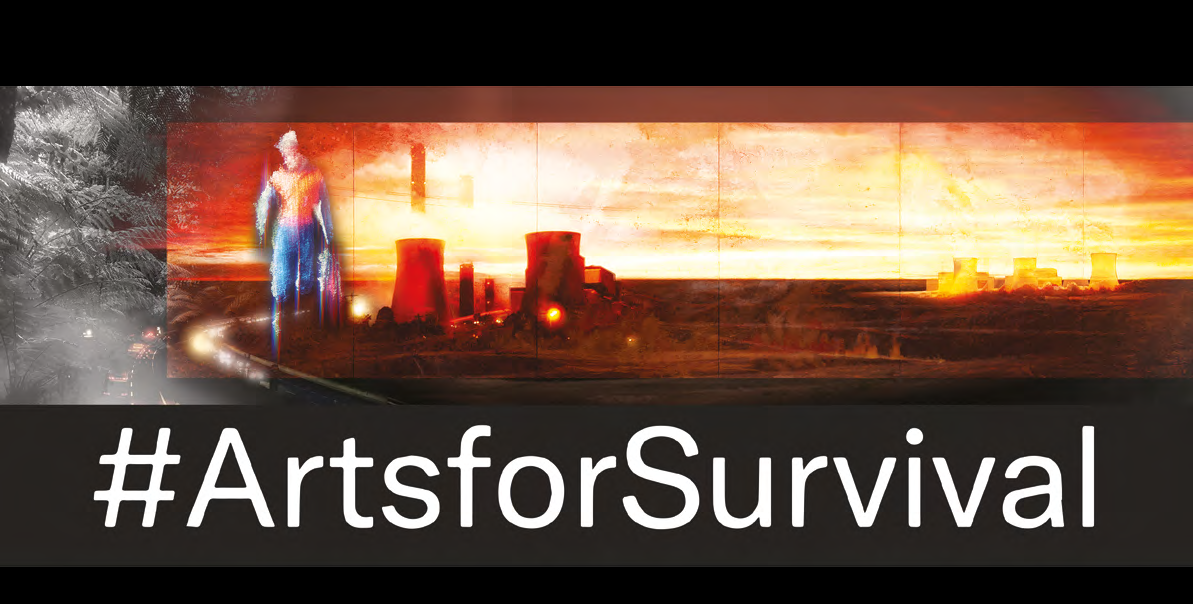
25 Sep #Arts for Survival
Posted by Libby Robin.
In 2018, I became a creative worker rather than an academic. I left my university position to take my scholarly skills to a wider audience. My interests broadly focus on the ‘environmental humanities’, an emerging response across many disciplines and the cultural sector to rapidly changing environments—natural and social, local and global. The environmental humanities use creativity, including writing, art, music and exhibitions, to work with audiences and communities personally, to try to slow planetary damage and to heal personal stress.
Documenting environmental decline is not enough to create change: dismal stories just paralyse people, including the narrators of such stories, as climate scientists regularly testify. In distancing myself from institutional pressures, I sought out different freedoms that might enable me to contribute more directly to the transition to a carbon-neutral future for the planet, to find more fairness for its people and more sustainable and happier ways of living with the crises and change already happening.
The Climarte movement is one impressive model and the late Mandy Martin (1952-2021) was a strong leader of this group. The work illustrating this essay was from Luminous Relic a project she undertook with Alexander Boynes and Tristen Parr, as shown at the Climarte exhibition at the Geelong Art Gallery 2017: it dramatically brought Geelong’s local industrial heritage into juxtaposition with the melting ice of Antarctica. Climarte sponsors festivals that support renewable energy with public art, brings together business, philanthropy and artists to fulfil its heartening motto: Art plus Climate equals Change. The initiative began in Melbourne in 2015, and now reaches well beyond big cities, taking in regional areas like the Latrobe Valley where emissions reduction affects local industries. Working with innovative social movements like Climarte enables an individual to contribute to the broader community, especially to support people adversely affected by necessary economic transitions.
The creative sector, especially the generations coming after me, is crucial to ‘making a difference’. The ‘business-as-usual’ system is broken. It has broken on my watch. I am one of the post-war generation that has lived through most of the era of the Great Acceleration.
This post is the opening text from a recent article by Libby Robin. If you want to read on, go to the journal Humanities Australia 2021 – free online: https://humanities.org.au/power-of-the-humanities/humanities-australia-2021/



Sorry, the comment form is closed at this time.